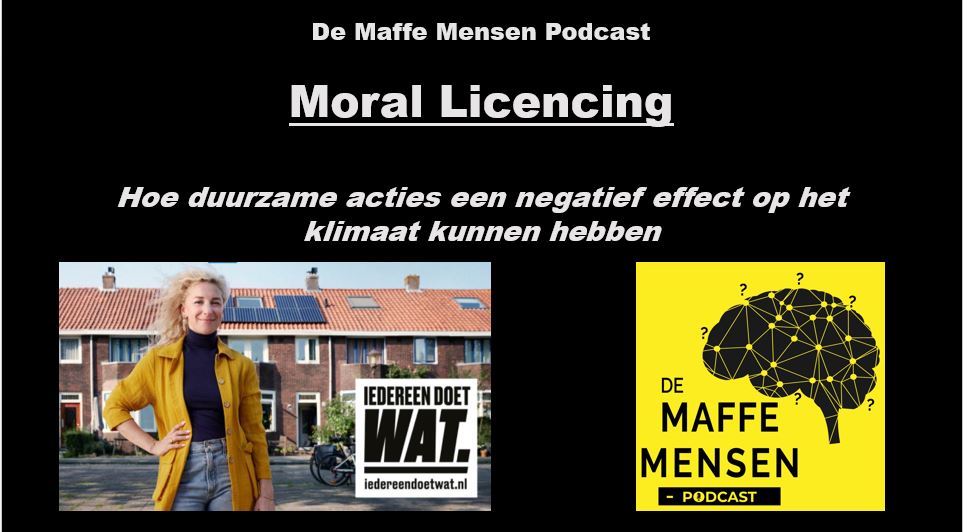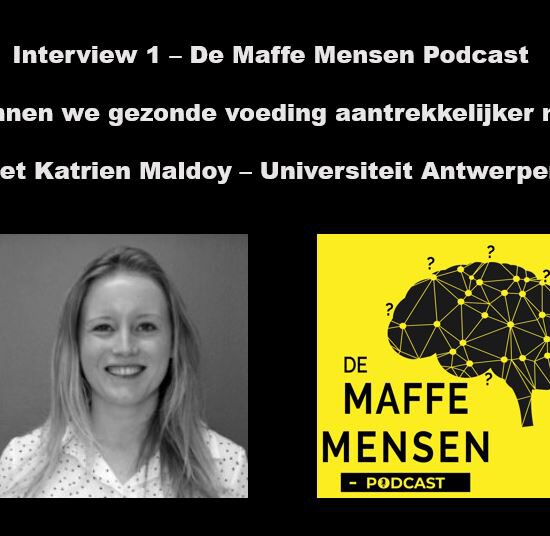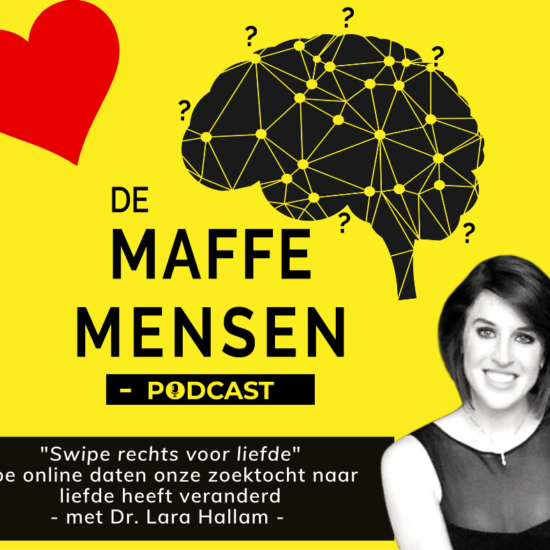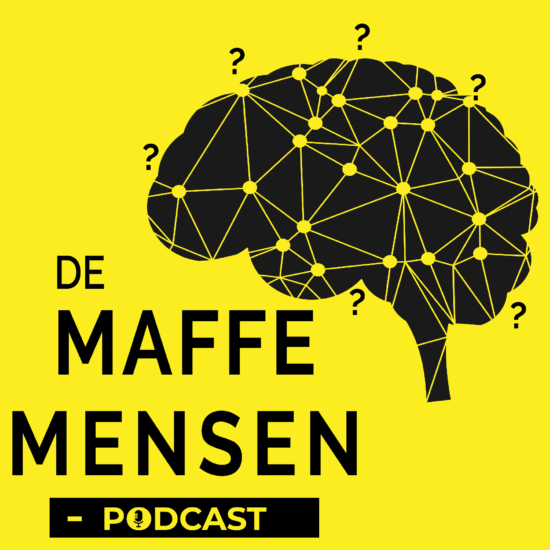Als je in Nederland woont, dan heb je in het afgelopen jaar misschien wel de “Iedereen doet wat” campagne van de Rijksoverheid gehoord. Het idee achter deze campagne is: als we allemaal een kleine actie ondernemen kunnen we samen Nederland duurzamer maken en op die manier klimaatverandering tegengaan. Maar is dat wel zo? Of kan deze goedbedoelde actie van de overheid juist tot MINDER duurzaam gedrag leiden? Dat en meer hoor je vandaag, in deze aflevering over Moral Licensing van De Maffe Mensen Podcast!
BRONNEN:
Blanken, I., van de Ven, N., & Zeelenberg, M. (2015). A meta-analytic review of moral licensing. Personality and Social Psychology Bulletin, 41(4), 540-558.
Klockner, C.A., Nayum, A., Mehmetoglu, M., 2013. Positive and negative spillover effects from electric car purchase to car use. Transp. Res. D: Transp. Environ. 21, 32–38, http://dx.doi.org/10.1016/j.trd.2013.02.007
Kouchaki, M. (2011). Vicarious moral licensing: The influence of other’s past moral actions on moral behavior. Journal of Personality and Social Psychology, 101, 702-715. doi:10.1037/a0024552
Lacasse, K. Don’t be satisfed, identify! Strengthening positive spillover by connecting pro-environmental behaviors to an “environmentalist” label. J. Environ. Psychol. 48, 149–158 (2016).
Maki, A., Carrico, A. R., Raimi, K. T., Truelove, H. B., Araujo, B., & Yeung, K. L. (2019). Meta-analysis of pro-environmental behaviour spillover. Nature Sustainability, 2(4), 307–315. doi:10.1038/s41893-019-0263-9
Mazar, N., Zhong, C.-B., 2010. Do green products make us better people? Psychol. Sci. 21 (4) 494–498, http://dx.doi.org/10.1177/0956797610363538.
Merritt, A., Effron, D. A., Monin, B. (2010). Moral self-licensing: When being good frees us to be bad. Social and Personality Psychology Compass, 4/5, 344-357.
Meijers, M. H., Noordewier, M. K., Verlegh, P. W., Willems, W., & Smit, E. G. (2019). Paradoxical side effects of green advertising: how purchasing green products may instigate licensing effects for consumers with a weak environmental identity. International Journal of Advertising, 38(8), 1202-1223.
Meijers, M. H. C., Noordewier, M. K., Verlegh, P. W. J., Zebregs, S., & Smit, E. G. (2019). Taking Close Others’ Environmental Behavior Into Account When Striking the Moral Balance? Evidence for Vicarious Licensing, Not for Vicarious Cleansing. Environment and Behavior, 51(9–10), 1027–1054. https://doi.org/10.1177/0013916518773148
Sachdeva, S., Iliev, R., Medin, D.L., 2009. Sinning saints and saintly sinners: the paradox of moral self-regulation. Psychol. Sci. 20 (4) 523–528, http:// dx.doi.org/10.1111/j. 1467-9280.2009.02326.x
Tedeschi, J. T., Schlenker, B. R., & Bonoma, T. V. (1971). Cognitive dissonance: Private ratiocination or public spectacle? American Psychologist, 26(8), 685–695. https://doi.org/10.1037/h0032110
Truelove, H. B., Carrico, A. R., Weber, E. U., Raimi, K. T., & Vandenbergh, M. P. (2014). Positive and negative spillover of pro-environmental behavior: An integrative review and theoretical framework. Global Environmental Change, 29, 127–138. doi:10.1016/j.gloenvcha.2014.09.004
Cabaratier Pieter Derks op NPO Radio 1 over de de Iedereen doet wat campagne https://www.youtube.com/watch?v=VRxZ-7FqmHM
Also published on Medium.




